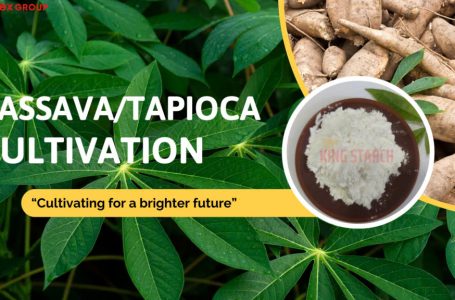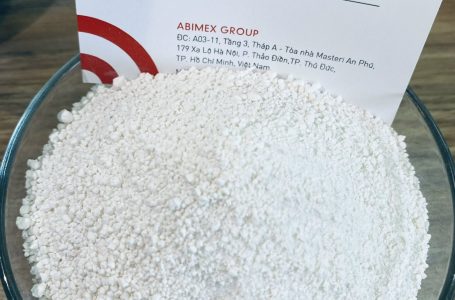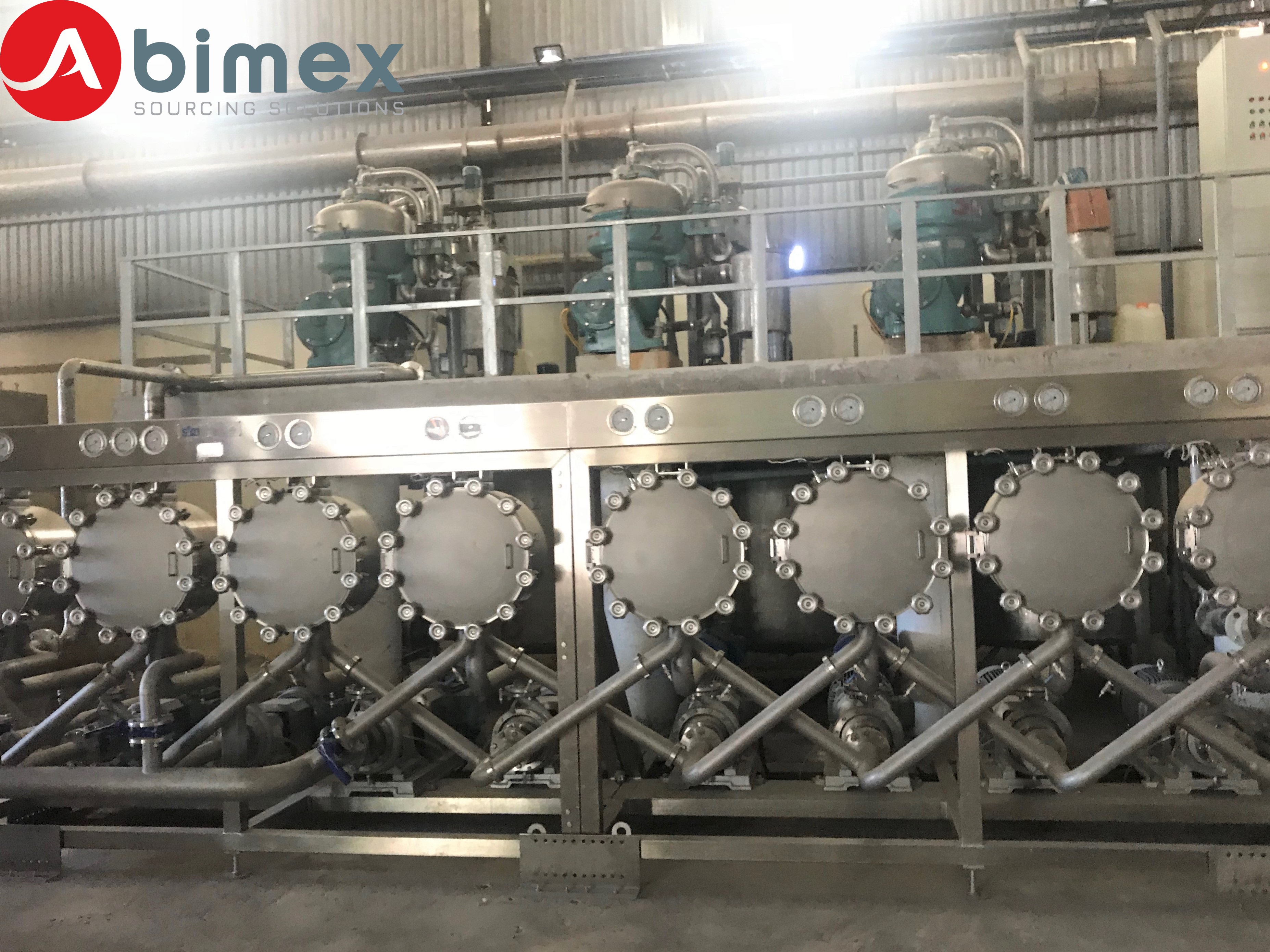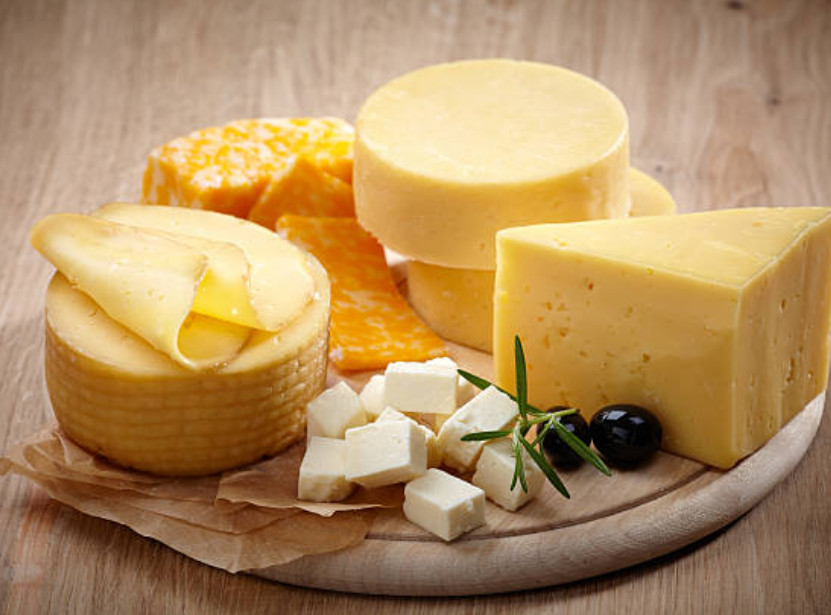
The dairy industry constantly seeks innovations to improve the quality, texture, and shelf-life of its products. Among these innovations, modified tapioca starch has emerged as a game-changer, particularly in cheese production. This blog explores seven remarkable benefits of using modified tapioca starch in cheese production, highlighting how this versatile ingredient can enhance dairy products.
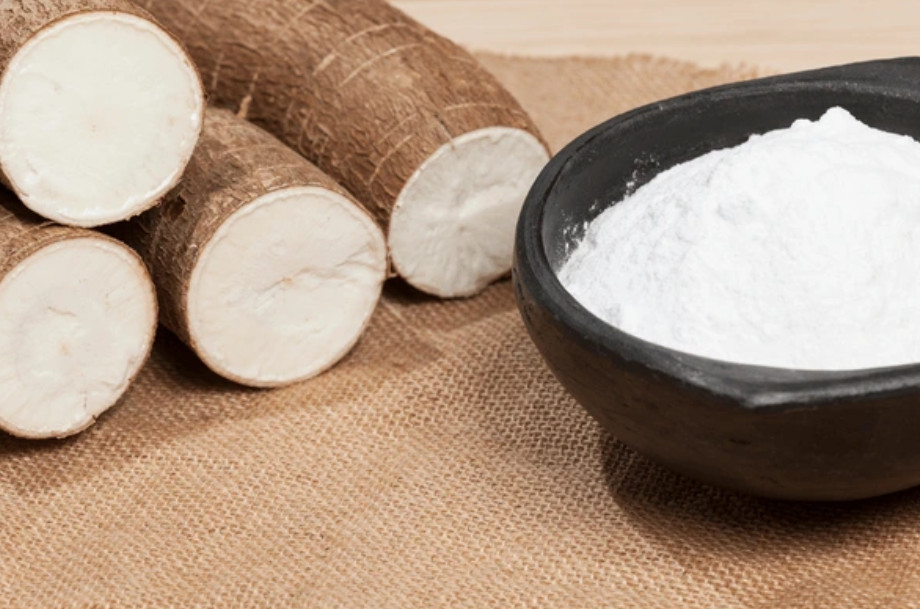
1. Enhanced Texture and Mouthfeel
One of the most significant advantages of using modified tapioca starch in cheese production is its ability to improve the texture and mouthfeel of the final product. This starch helps achieve a smooth, creamy consistency that consumers love. Whether it’s for spreadable cheeses, cheese slices, or processed cheese products, modified tapioca starch ensures a consistently pleasant texture.
Consumers today are increasingly discerning about the texture of their food products. A cheese that feels smooth and creamy in the mouth can significantly enhance the eating experience, making it more enjoyable and satisfying. By using modified tapioca starch, cheese manufacturers can ensure their products meet these high consumer expectations.
2. Improved Moisture Retention
Cheese producers often face the challenge of maintaining the right moisture balance. Modified tapioca starch excels in moisture retention, helping cheese maintain its desired consistency and preventing it from drying out. This property is particularly beneficial in low-fat and reduced-fat cheese varieties, where moisture retention can significantly impact the product’s quality.
Moisture retention is crucial not only for maintaining texture but also for extending the shelf life of cheese products. By preventing the cheese from becoming dry and crumbly, modified tapioca starch helps ensure that the product remains appealing and consumable for longer periods, reducing waste and improving profitability for producers.
3. Extended Shelf Life
Incorporating modified tapioca starch into cheese production can also extend the product’s shelf life. This starch acts as a stabilizer, reducing syneresis (the separation of liquid from solids) and preventing spoilage. By enhancing the cheese’s stability, manufacturers can offer products that stay fresh longer, reducing waste and increasing consumer satisfaction.
The ability to extend shelf life is particularly important in today’s competitive market, where consumers expect products to last longer without compromising on quality. Modified tapioca starch provides this advantage, helping cheese products maintain their freshness and appeal over extended periods.
4. Cost-Effective Ingredient
Modified tapioca starch is a cost-effective ingredient that can help reduce overall production costs. It can partially replace more expensive dairy solids without compromising the quality or taste of the cheese. This cost-efficiency is particularly valuable for large-scale cheese producers looking to maintain profitability without sacrificing product quality.
In an industry where margins can be tight, finding ways to reduce costs without affecting product quality is essential. Modified tapioca starch offers a practical solution, enabling producers to achieve significant savings while still delivering high-quality cheese products that meet consumer expectations.
5. Improved Meltability
For many cheese products, especially those used in cooking and food preparation, meltability is a crucial characteristic. Modified tapioca starch enhances the meltability of cheese, ensuring it melts evenly and smoothly when heated. This property is essential for products like pizza cheese, cheese sauces, and ready-to-eat meals, where perfect meltability can make a significant difference in the consumer experience.
Meltability is a key factor in the performance of cheese products in various culinary applications. Cheese that melts evenly and smoothly can elevate the quality of dishes, making them more appealing and delicious. By improving meltability, modified tapioca starch helps cheese products stand out in the market.
6. Enhanced Nutritional Profile
Modified tapioca starch can contribute to a healthier nutritional profile in cheese products. It allows for the reduction of fat and calorie content while maintaining desirable texture and flavor. This makes it an excellent choice for producing low-fat and reduced-calorie cheese options, catering to the growing demand for healthier food choices.
As consumers become more health-conscious, the demand for low-fat and reduced-calorie food options continues to rise. Modified tapioca starch enables cheese producers to meet this demand without compromising on the taste and texture that consumers love, making it a valuable ingredient in the development of healthier cheese products.
7. Versatility in Applications
The versatility of modified tapioca starch extends to various cheese types and applications. From processed cheese slices and shredded cheese to spreadable cheese and cheese powders, this starch can be used in a wide range of products. Its adaptability ensures that cheese producers can consistently achieve the desired quality and functionality across different product lines.
This versatility is particularly important in the dynamic dairy industry, where consumer preferences can vary widely. By incorporating modified tapioca starch, cheese producers can create a diverse array of products that cater to different tastes and needs, ensuring they remain competitive in the market.
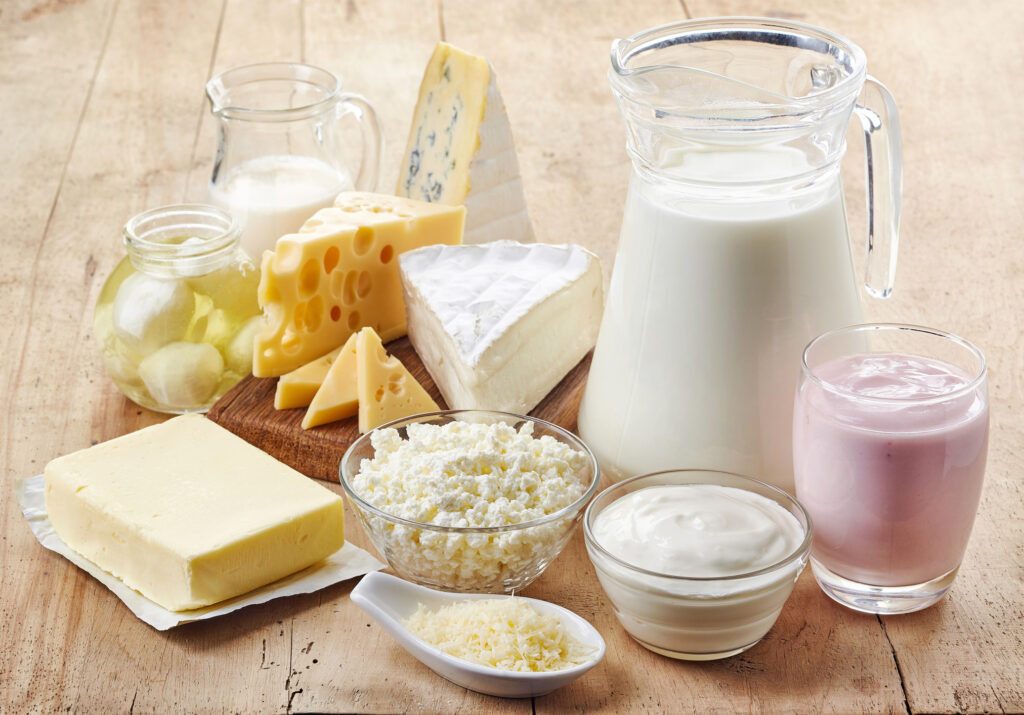
Conclusion
Incorporating modified tapioca starch in cheese production offers numerous benefits that can significantly enhance the quality, texture, and shelf-life of dairy products. Its ability to improve moisture retention, extend shelf life, and reduce production costs makes it an invaluable ingredient for cheese manufacturers. Furthermore, its contributions to improved meltability, nutritional profile, and versatility in applications ensure that cheese products meet consumer expectations for taste and quality.
As the dairy industry continues to innovate, modified tapioca starch stands out as a powerful tool for cheese producers aiming to deliver superior products. By leveraging the remarkable benefits of this ingredient, manufacturers can stay ahead of the competition and meet the evolving demands of today’s health-conscious consumers.
Embracing the use of modified tapioca starch in cheese production not only enhances product quality but also drives sustainability and efficiency in the manufacturing process. For cheese producers looking to optimize their formulations and achieve consistent excellence, modified tapioca starch is a game-changer that delivers remarkable results.
By understanding and utilizing the benefits of modified tapioca starch, cheese producers can ensure their products remain at the forefront of the dairy industry, providing consumers with high-quality, enjoyable, and innovative cheese options. To explore solutions tailored to your cheese production needs, contact Abimex Group. Our experts are ready to help you innovate and excel in the competitive dairy market.



